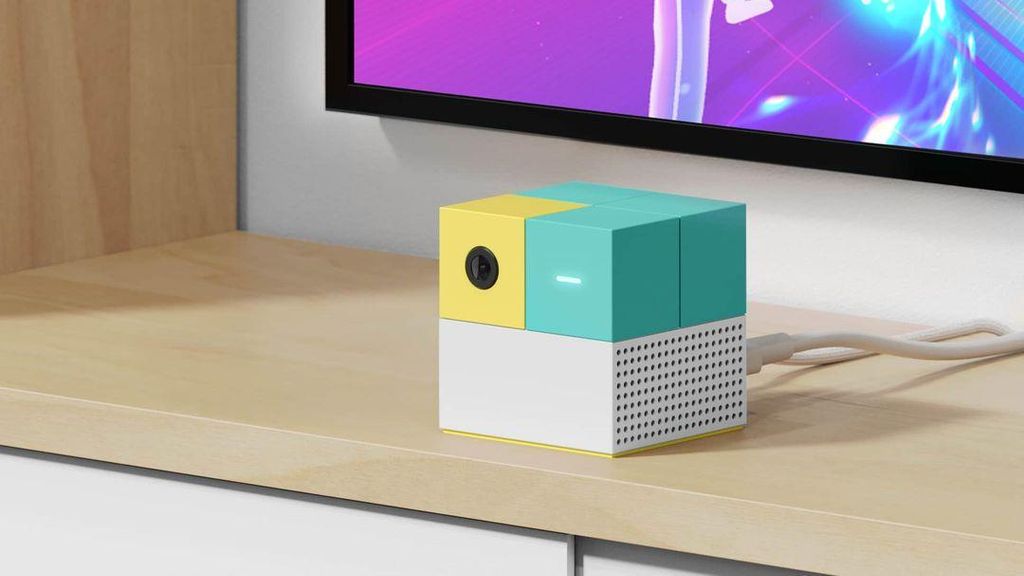
Artificial intelligence in the Google search engine is starting to speak to us in complete sentences, summarising articles, suggesting what to read and what to click on. Sounds like a revolution? Yes. But not everyone is thrilled.
The new feature “AI Overviews” is just being rolled out to users in the USA, and it is expected to appear in other countries by the end of the year. Google is transitioning from a classic list of links to an “assistant” that spits out ready-made answers. In theory – a time saver. In practice? Sometimes you get a brilliant analysis, and other times... advice to add glue to your pizza (seriously).
Pizza with glue and other blunders. Is Google AI ready?
Screenshots have started circulating online, showing that Google’s artificial intelligence can not only help but also significantly mismanage topics. Users are testing the limits of the new feature and quickly discovering that AI "borrows" data from Reddit, a beekeepers' forum, or a random blog from 2009. And it turns that into "knowledge".
Google defends itself, saying that this is just the beginning and that the system learns on the fly – but for many, this is already a sign that AI in the search engine can be a double-edged sword. Especially if it is based on content that has not undergone any verification.
SGE, or the old Google is coming to an end
Behind it all is the project "Search Generative Experience" – a new approach to finding information. Google no longer wants to be the gateway to the internet, but rather a guide that immediately tells you what it thinks. The test version launched last year and is now rolling out on a massive scale.
For SEOs, bloggers, and the media, this could be a blow: users will no longer click on an article since AI will summarise everything for them. For ordinary people – convenience... but at the expense of trusted sources. And what if AI makes a mistake? Well, pizza with glue is coming to the table.
And what about televisions? Will Google AI also reach the big screens?
Don't be surprised if your television soon starts to be controlled by... an AI search engine. Google has previously integrated its services with Android TV and Google TV, and now – with the rapid development of AI Overviews – the question arises: will this new artificial intelligence also find its way into our living rooms?
In theory – absolutely. Google Assistant is already working on many Android televisions, capable of searching for films, checking the weather, and controlling smart home devices. By replacing it with AI Mode, suddenly you have a screen that not only searches for something but can summarise an entire article, suggest a film based on your mood, or... tell you what to buy for dinner. Without reaching for your phone.
So far, Google has not officially confirmed the transfer of AI Overviews to Google TV, however, televisions from TCL, Sony, or Philips with Android TV are already technically ready. The only question remains: do we really want this?
Because if your AI in the television starts suggesting that pizza tastes better with glue – the screening could quickly turn into an absurd show.
Gmail with AI? Google wants to think for you
But this is not the end. Google plans for the whole AI Mode to work not only in the search engine. It is already being tested for integration with Gmail, Google Docs, and the rest of Workspace. Having trouble replying to an email from your boss? AI will write it for you. Need to create a summary of a document? You don’t have to read it – AI will do that for you.
On one hand – time saving. On the other? We're treading on slippery ground. Because if the algorithm begins to write emails for us, summarise data, suggest decisions… then what is left for us? It sounds like the future, but it has a slight smell of the Matrix.
Google, but now with personality?
Google says that by the end of the year AI Overviews will be available in over 100 countries. But the question arises: is it still a search engine, or is it already a chatbot with an oversized ego? And who will take responsibility for the nonsense it can produce?
For now, the novelty is only available in English, but as I know life, the Polish version is already in the works. And when that happens, it will be a true test – not only for Google but also for us, the users. Because if AI becomes the default way of searching for information, then we are witnessing the biggest change on the web in two decades.
Source: geekweek
 Katarzyna Petru
Katarzyna Petru













